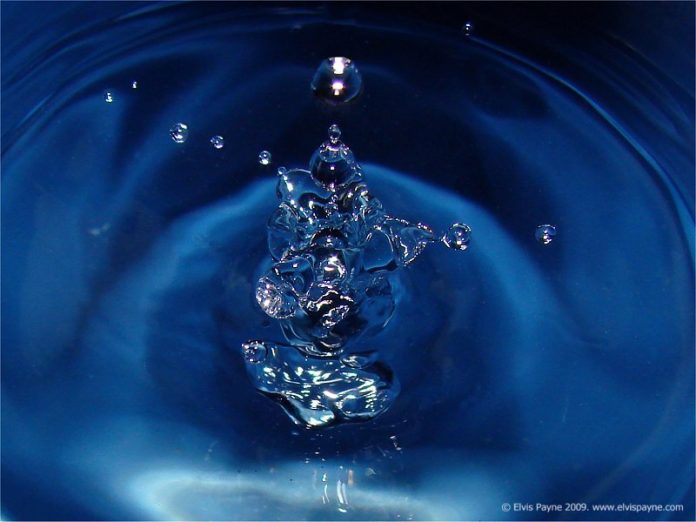MEPs backed plans on Tuesday to improve consumers’ trust in drinking water from the tap, which is much cheaper and cleaner for the environment compared to bottled water.
The legislation tightens the maximum limits for certain pollutants such as lead (to be reduced by half), harmful bacteria, and introduces new caps for certain endocrine disruptors. It also puts levels of microplastics, an emerging concern, under monitoring.
Water access
Member states should also take measures to provide universal access to clean water in the EU and improve water access in cities and public places, by setting up free fountains where technically feasible and proportionate. They should also encourage tap water to be provided in restaurants, canteens and catering services for free or for a low service fee.
Right2Water
MEPs reiterate, following-up on their resolution on the citizens’ initiative Right2Water, that member states should focus on the needs of vulnerable groups in society. They should identify people without access, or with limited access to water, including vulnerable and marginalised groups, and assess ways to improve their access. They should also inform them clearly about how to connect to the distribution network or about alternative means to have access to such water.
EPP welcomes the changes to existing legislation
“The way we use water defines the future of humanity”, said Michel Dantin MEP (EPP), the lead negotiator for the European Parliament on the dossier on water quality, welcoming the changes to existing legislation on drinking water. “The Citizens’ Initiative Right2Water gathered more than 1.8 million signatures. It is a must that it is taken seriously”, he said.
Changes to the Drinking Water Directive adopted today aim to improve the quality of drinking water and access to it as well as provide better information for consumers.
“Now that the Parliament has adopted its position, it is time for the Member States to do the same. We think it is crucial for the negotiations to end as soon as possible, so citizens can bear results without delays”, stressed the MEP.
For the EPP Group, it is also important to reiterate that the debate on the quality of drinking water is not a debate about who should and who should not have access to water.
“It is understood that everyone should have access to clean and good quality water, and we should do our utmost to make it as affordable as possible for everyone. Insisting that countries absorb the costs through their state budgets goes against existing country traditions, and is only a mirage because in the end, it is always the taxpayer that foots the bill”, said Dantin.
S&Ds for the safety of our drinking water
“Our main aim is to protect public health and the safety of our drinking water. That’s why we ensured that the report would introduce stringent parametric values and monitoring of potentially harmful substances: On endocrine disruptors my Group pushed, as we have done for a number of years, for stronger protections by bringing these three substances into the formal parametric values, rather than the rapporteur’s informal ‘watch list’,” said the S&D Spokesperson on this issue, Rory Palmer MEP.
“On PFAS (perfluoroalkyl and polyfluoroalkyl, some toxic chemicals) we have also been clear that stronger action is needed, and we have succeeded in strengthening the control of micro plastics in our drinking water. Our drinking water must come from reservoir to tap in the most environmentally sustainable way possible. We strongly regret that the S&Ds call on member states to guarantee the universal access to water for all in the Union by introducing concrete obligations on member states did not gather sufficient support across the Parliament. Citizens have made their voice loud and clear through the European Citizens’ Initiative, calling for action to have a guaranteed access to safe drinking water. And we believe that it is the responsibility of the member states to ensure that,” Palmer added.
The dossier at hand is the result of the first-ever successful European Citizens’ Initiative, called Right2Water. It gathered over 1.8 million signatures in support of improving access to safe drinking water for all Europeans.
The report was adopted with 300 votes to 98 and 274 abstentions. Parliament will enter into negotiations with Council once EU ministers have set their own position on the file.
The plans aim to increase citizens’ confidence in the water supply and increase the use of tap water for drinking, which could contribute to reducing plastic usage and litter.
According to the European Commission, lower consumption of bottled water could help EU households save more than €600 million per year. If confidence in tap water improves, citizens can also contribute to reducing plastic waste from bottled water, including marine litter. Plastic bottles are one of the most common single use plastic items found on European beaches. With the update of the Drinking Water Directive, the Commission takes an important legislative step towards implementing the EU Plastics Strategy presented on 16 January 2018.

